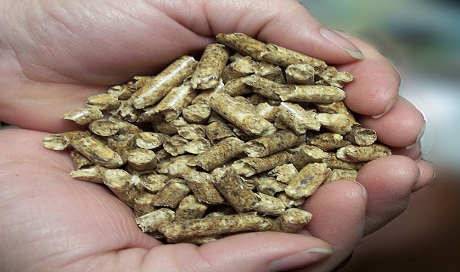
Seattle, WA - Japan and South Korea intend to reduce the consumption of fossil fuels and increasingly rely on renewable energy in the future. As a consequence, both will increase their import of wood pellets and energy chips reports the Wood Resource Quarterly.
Asia will consume more wood pellets and energy wood chips in the future. The governments in Japan and South Korea have announced definite plans to increase their use of green and low carbon energy alternatives.
South Korea is taking steps to reduce its dependence on imported fossil fuels and instead invest in domestic renewable energy technology, including wind, solar, hydropower and biomass. The long-term plan is to increase the renewable energy share from less than four per cent in 2011 to 6.1 percent in 2020, and then to 11.5 percent in 2030.
As part of this effort the government has initiated a program, which has included building eight new pellet plants, as well as exploring opportunities to import large volumes of pellets in the future. The goal is to consume five million tons of pellets by 2020, a huge increase from the less than a few hundred thousand tons used in 2011.
South Korea has access to wood residues from the domestic sawmilling industry, which could be used for the manufacturing of pellets. This domestic supply, however, will not be sufficient, so South Korea will need to increase pellet imports to meet the ambitious 6.1 per cent goal only eight years from now. The government estimates that by 2020, 75 to 80 percent of pellets consumed in the country will need to be imported.
Some of the major energy companies in South Korea have reportedly been exploring the opportunities
to import pellets from Australia, Vietnam, Indonesia, the Philippines, Canada and the US.
Japan is another Asian country expected to increase importation of energy chips and wood pellets, due in part to the nuclear power plant accident in Fukushima last year. Following the disaster, the Japanese government decided to close down all nuclear plants, at least temporarily. Even if a few plants eventually reopen, nuclear energy will never again be as important for energy production as it once was.
In the future, Japan will increasingly rely on renewable energy sources, with biomass likely to be one important supply source. Up until this year, Japan has imported only very limited volumes of wood pellet, primarily from Canada, but it is likely that import volumes of both pellets and energy chips will increase in the coming years.